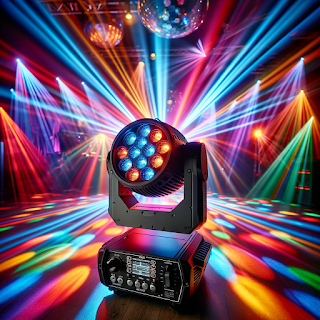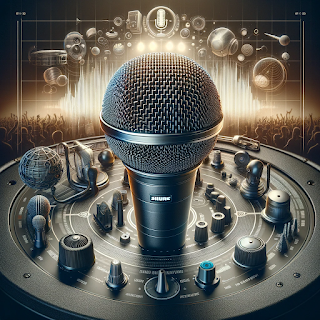Mastering the Art of Effective Event Planning for Mobile DJs
Event planning is an integral aspect of being a successful mobile DJ. Unlike resident DJs who play at fixed venues, mobile DJs often find themselves in a plethora of settings, each with its unique challenges and opportunities. Mastering event planning can be the difference between a memorable night and a forgettable one. Here's a comprehensive guide to mastering the art of effective event planning for mobile DJs.
### Understanding the Event's Nature
Every event is different. From weddings to corporate parties, from school proms to local festivals, the nature of the event dictates the kind of music, equipment, and ambiance you'll need to create. Before even thinking about your set, engage with the event organizer to understand the event's purpose, the expected audience, and any specific requests or themes they might have.
### Scouting the Venue
Whenever possible, visit the venue before the event. Familiarize yourself with its layout, acoustics, power sources, and potential challenges. Look for:
- **Acoustic Hotspots**: Areas where sound might echo or get muffled.
- **Power Outlets**: Ensure they're in proximity to where you'll set up.
- **Stage or Setup Area**: Check if it's spacious enough for your equipment.
### Equipment Checklist
Having the right equipment is crucial. Here's a quick checklist:
- **Main Setup**: Turntables or CDJs, mixer, laptop, and controller.
- **Backup**: Always carry backup equipment. A spare laptop, mixer, or even a simple aux-cable setup can save the night.
- **Sound System**: Depending on the venue size, you might need extra speakers or subwoofers.
- **Microphone**: Essential for announcements or spontaneous moments.
- **Cables and Extensions**: Always carry extra, and ensure they're well-organized.
### Crafting the Perfect Playlist
Once you have a sense of the event's nature and audience, start crafting your playlist. While it's crucial to be flexible and read the room on the night, a well-thought-out playlist can be a lifesaver.
- **Diversity**: Ensure your playlist caters to a wide age range and musical tastes.
- **Requests**: Have a system for taking and playing song requests.
- **Transitions**: Plan smooth transitions between different genres or moods.
### Engaging with the Audience
As a mobile DJ, your job isn't just to play music; it's to engage and entertain.
- **Reading the Room**: Constantly gauge the audience's reaction. If a song isn't landing well, switch it up.
- **Interactive Elements**: Consider incorporating games, dance-offs, or shout-outs.
- **Being Approachable**: Encourage song requests and engage in light banter.
### Plan for the Unexpected
Things can go wrong. A piece of equipment might fail, there might be an unexpected power outage, or perhaps a last-minute change in event schedule. Always have contingency plans. From backup equipment to emergency playlists on your phone, being prepared for unforeseen challenges is crucial.
### Post-Event Analysis
After the event, take some time to reflect.
- **Feedback**: Ask the event organizer for feedback. Was the sound level appropriate? Did the audience enjoy the music selection?
- **Self-assessment**: Think about what went well and what could've been better. Maybe the transitions weren't smooth, or perhaps you could've engaged more with the audience.
- **Documentation**: Take notes and photos. They can be invaluable for future reference and for building your portfolio.
In conclusion, being a successful mobile DJ goes beyond spinning tracks. It's about meticulous planning, engaging with the audience, and constantly adapting and learning. By mastering the art of effective event planning, you not only ensure the success of the event but also solidify your reputation as a reliable, professional, and outstanding DJ.




Comments
Post a Comment